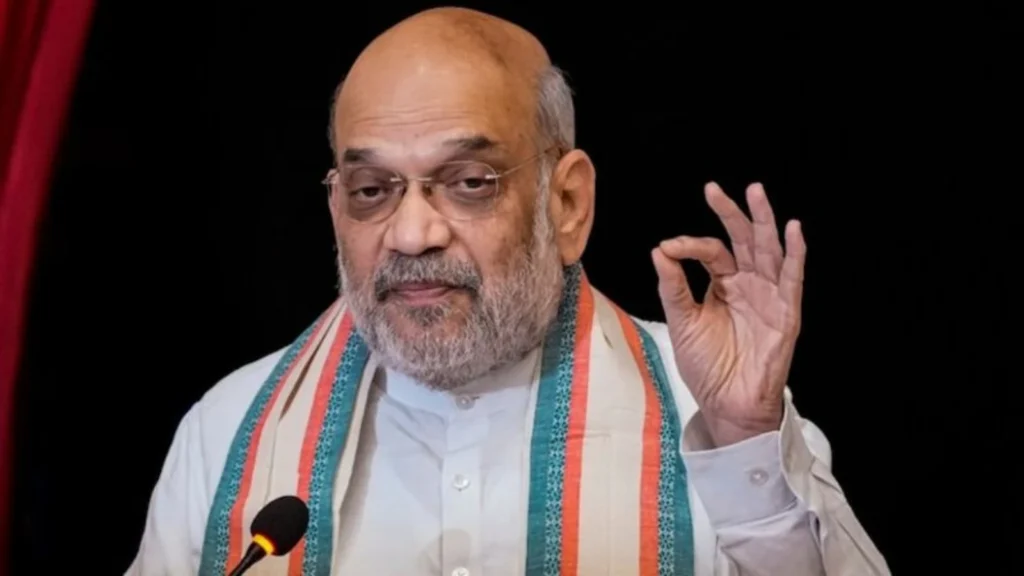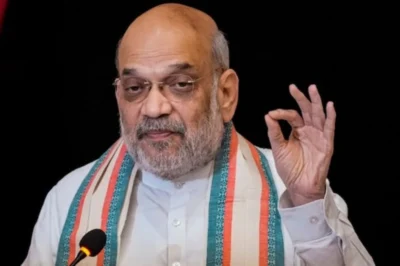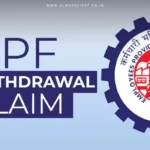
Amit Shah’s Assertive Statement
On June 8, 2025, Union Home Minister Amit Shah made a significant declaration, asserting that the National Democratic Alliance (NDA) would form governments in both Tamil Nadu and West Bengal following the 2026 Assembly elections. Speaking at a party workers’ meeting in Madurai, Shah emphasized the need for change, referring to the city as a symbol of transformation. He criticized the ruling Dravida Munnetra Kazhagam (DMK) government in Tamil Nadu, labelling it a “100% failure,” and expressed confidence that the BJP-All India Anna Dravida Munnetra Kazhagam (AIADMK) alliance would defeat the DMK in the upcoming polls.
Strengthening the Alliance with AIADMK
Earlier this year, the BJP and AIADMK announced a renewed alliance for the 2026 Tamil Nadu Assembly elections, aiming to regain political ground after past splits and defeats. Shah confirmed that the coalition would contest the elections under the leadership of AIADMK’s Edappadi K. Palaniswami at the state level and Prime Minister Narendra Modi at the national level. This partnership marks a significant shift in Tamil Nadu’s political landscape, as the two parties aim to present a united front against the DMK.
Amit Shah’s Visit to Madurai
Before addressing the party workers, Amit Shah visited the Meenakshi Sundareswarar Temple in Madurai, seeking blessings ahead of the political discussions. His visit underscores the BJP’s strategy of connecting with the state’s cultural and religious sentiments to bolster its appeal among the electorate. The choice of Madurai, a city with deep cultural roots, for the party meeting further highlights the BJP’s intent to resonate with the local populace.
Criticism of the DMK Government
During his address, Shah criticized the DMK government for its alleged failures in governance. He accused the ruling party of engaging in corruption, leading to the migration of industries and youth from the state. Shah also pointed out the DMK’s reluctance to implement Tamil language education in medical and engineering courses, labelling the party as “anti-Tamil.” He suggested that Chief Minister M.K. Stalin’s move to position his son, Udhayanidhi Stalin, as his successor was indicative of dynastic politics, which he claimed the BJP and AIADMK alliance would oppose.
Political Maneuvering and Internal Dynamics
Shah’s visit to Madurai coincided with internal discussions within the Pattali Makkal Katchi (PMK) regarding potential alliances. While PMK founder S. Ramadoss met with BJP leaders to discuss possible collaboration, no formal invitation was extended to PMK representatives during Shah’s visit. Additionally, National Thowheed Jamaath (NTK) leader Seeman criticized the BJP’s focus on religious figures like Lord Murugan, accusing the party of engaging in communal politics. Despite these criticisms, Shah remained steadfast in his belief that the people of Tamil Nadu were ready for change and would support the NDA in the 2026 elections.
Conclusion
Amit Shah’s statements and actions in Madurai reflect the BJP’s strategic efforts to expand its influence in Tamil Nadu and West Bengal ahead of the 2026 Assembly elections. By strengthening alliances, addressing governance issues, and connecting with cultural sentiments, the BJP aims to present a formidable challenge to the incumbent governments in these states. Whether these efforts translate into electoral success remains to be seen, but Shah’s confidence signals a determined push for political change in the southern states.









































Leave a Reply